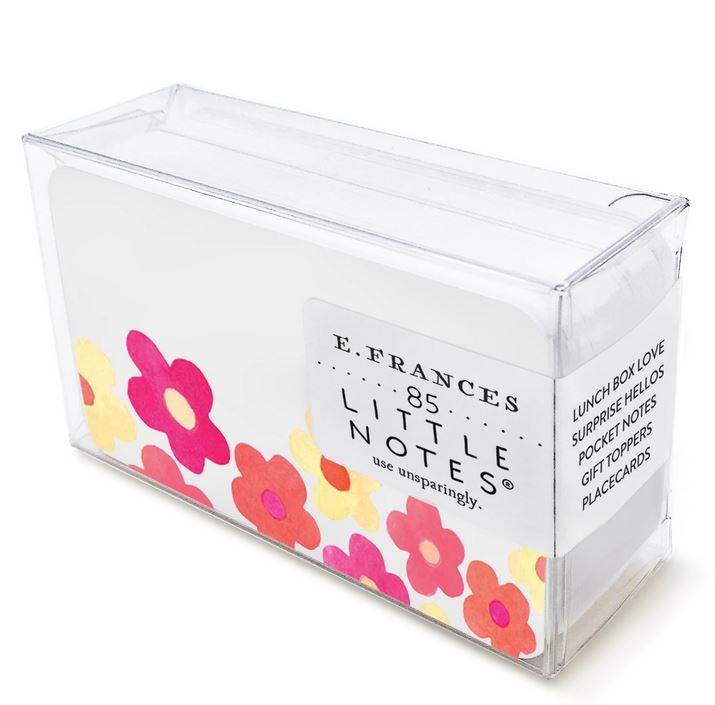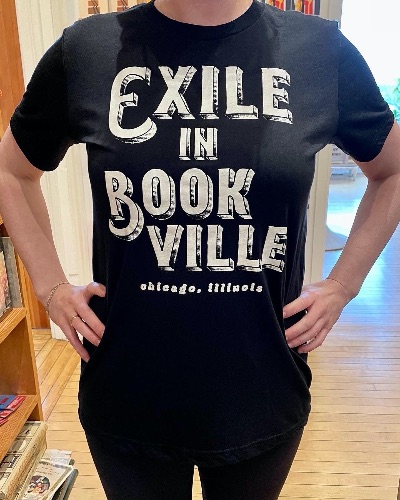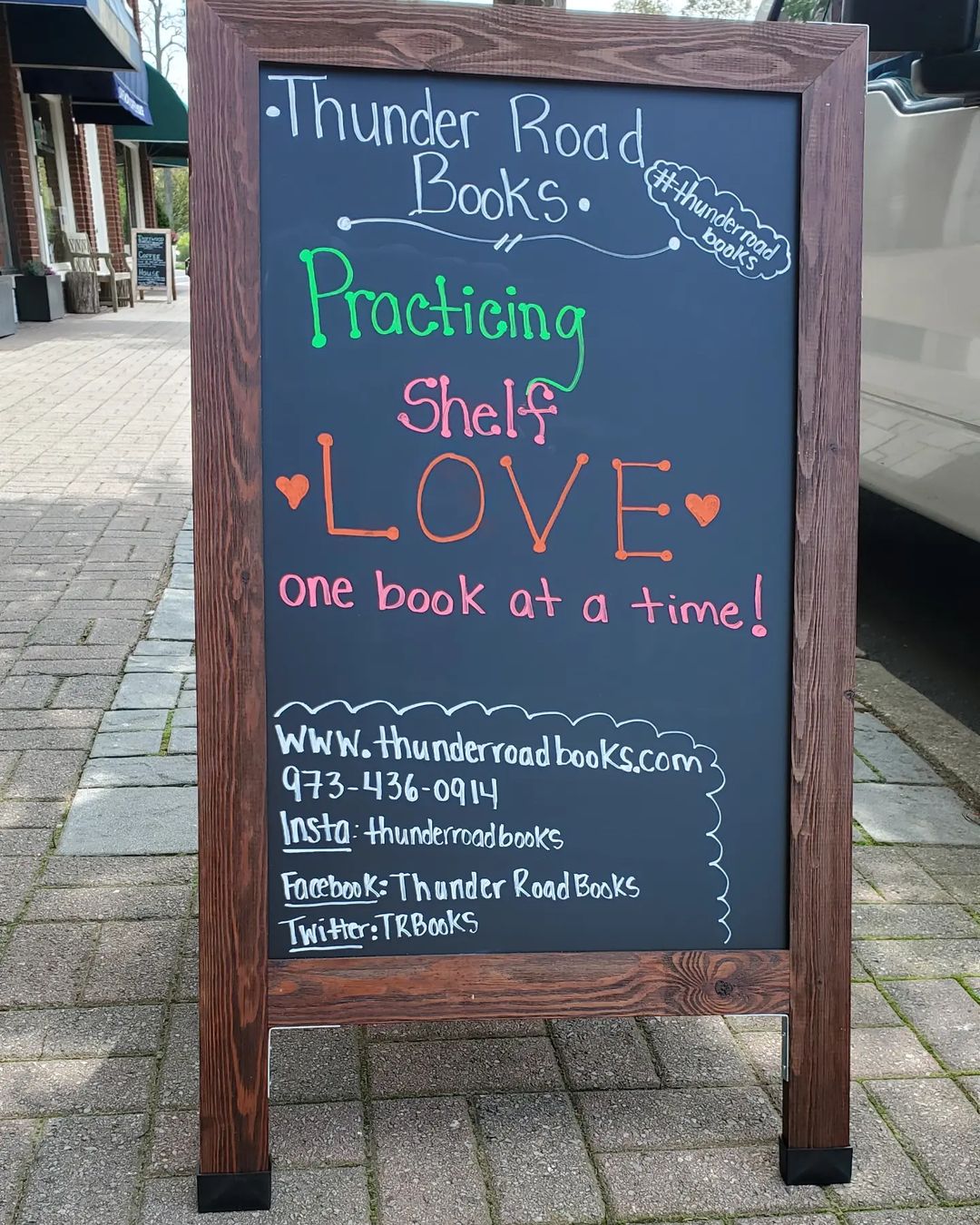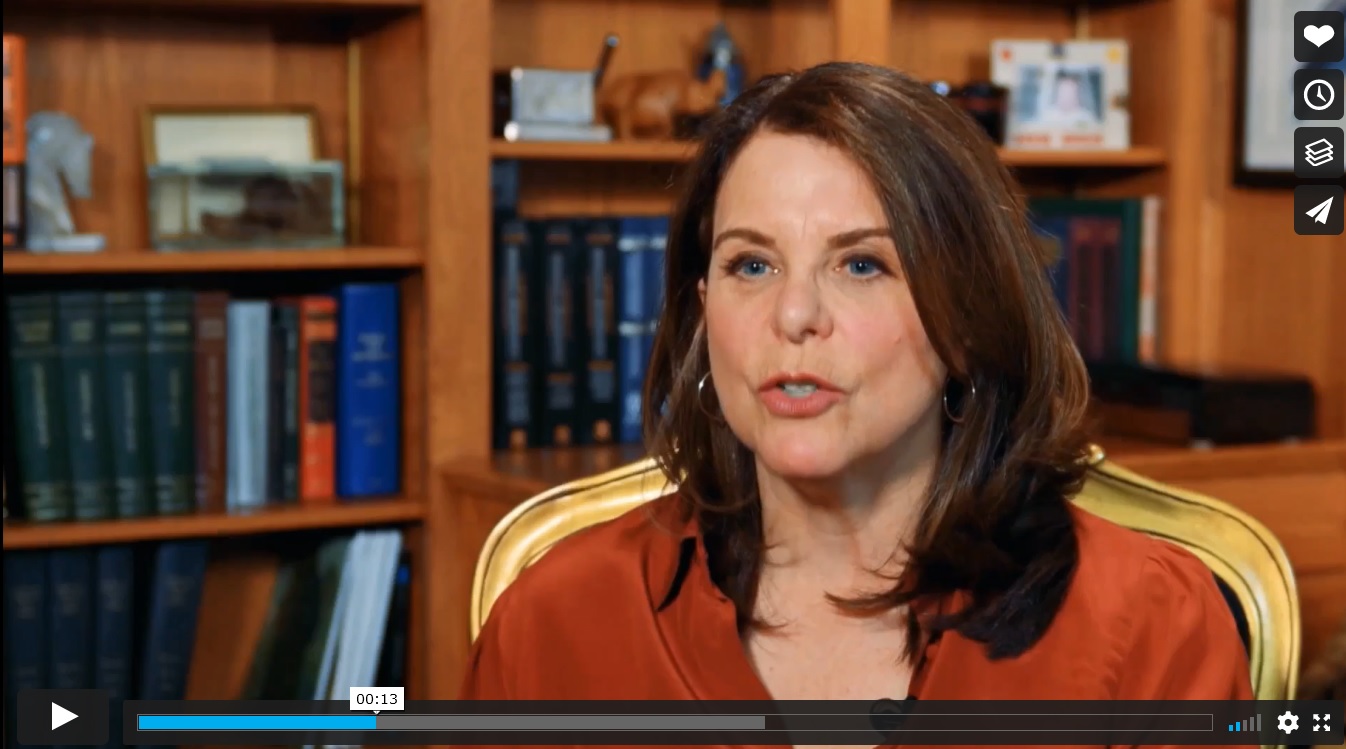 |
Roger Angell
(photo: Bridget Lacombe/Doubleday) |
Roger Angell, the "elegant and thoughtful baseball writer who was widely considered among the best America has produced," died May 20, the New York Times reported. He was 101. Angell's voice "was original because he wrote more like a fan than a sports journalist, loading his articles with inventive imagery." His well-informed and lyrical baseball season wrap-up essays in the New Yorker magazine became a fall tradition, with many of them collected in books like Late Innings (1982) and Once More Around the Park (1991).
"It is foolish and childish, on the face of it, to affiliate ourselves with anything so insignificant and patently contrived and commercially exploitative as a professional sports team," he wrote in Five Seasons (1977). "What is left out of this calculation, it seems to me, is the business of caring--caring deeply and passionately, really caring--which is a capacity or an emotion that has almost gone out of our lives."
The New Yorker was, "to some degree, the family shop" for Angell, the Times wrote, noting that his mother, Katharine Sergeant Angell White, was among the magazine's first editors hired by Harold Ross in 1925, and his stepfather, the essayist E.B. White, was a frequent contributor.
Angell published his first piece in the magazine, a short story, in 1944 and went to work there in 1956. As a fiction editor, he discovered and nurtured writers like Ann Beattie, Bobbie Ann Mason and Garrison Keillor. He also worked closely with authors like Vladimir Nabokov, John Updike, Donald Barthelme, Ruth Jhabvala and V.S. Pritchett. His annual page-long holiday poem, titled "Greetings, Friends!" was another tradition at the magazine.
David Remnick, the New Yorker's editor, said: "I'm not sure there's ever been a writer so strong, and an editor so important, all at once, at a magazine since the days of H.L. Mencken running The American Mercury. Roger was a vigorous editor, and an intellect with broad tastes."
Although sometimes referred to as baseball's poet laureate, Angell called himself a reporter: "The only thing different in my writing is that, almost from the beginning, I've been able to write about myself as well." Much of his early writing for the New Yorker was fiction. A story collection, The Stone Arbor, was published in 1960. Angell wrote well into his 90s. In 2014, he was awarded the J.G. Taylor Spink Award, the Baseball Hall of Fame's honor for writers. In 2015, he published This Old Man, a collection of essays, holiday poems and other writings.
In a New Yorker tribute, Remnick wrote, in part: "No one lives forever, but you'd be forgiven for thinking that Roger had a good shot at it. Like the rest of us, he suffered pain and loss and doubt, but he usually kept the blues at bay, always looking forward; he kept writing, reading, memorizing new poems, forming new relationships.... Roger died on Friday. He was a hundred and one. But longevity was actually quite low on his list of accomplishments. He did as much to distinguish the New Yorker as anyone in the magazine's nearly century-long history. His prose and his editorial judgment left an imprint that's hard to overstate.... He won a place in both the American Academy of Arts and Letters and in the Baseball Hall of Fame--a unique distinction....
"On the page, Roger created--he threw--a voice that was utterly joyful, as buoyant as a lottery winner. He hated the poetical and the hard-bitten. The Roger Angell of the baseball pieces was a man at liberty, delighted to be in the stands on a long-shadowed afternoon, part of a vast community of fans. The sentences were ebullient but never decorous.... His enthusiasm for baseball was so immense that it could not be confined to a singular loyalty. In a given season, he was capable of giving his heart to anyone. He was a Mets fan, a Yankees fan, and a Red Sox fan. In anyone else, this would have been unforgivable."
 Cherry Lake Publishing Group (CLPG) has bought Tilbury House Publishers from WordSplice Studio. Tilbury House will now become an independent imprint of Cherry Lake and remain in Thomaston, Maine. Jonathan Eaton will continue as publisher, and the press will continue to be distributed by Norton.
Cherry Lake Publishing Group (CLPG) has bought Tilbury House Publishers from WordSplice Studio. Tilbury House will now become an independent imprint of Cherry Lake and remain in Thomaston, Maine. Jonathan Eaton will continue as publisher, and the press will continue to be distributed by Norton.










 Publishers Lunch and the American Booksellers Association are hosting a virtual Buzz Books YA Editors Panel at 12 noon Eastern on June 8.
Publishers Lunch and the American Booksellers Association are hosting a virtual Buzz Books YA Editors Panel at 12 noon Eastern on June 8.
 At
At 
 Kristin Gilbert, co-owner of
Kristin Gilbert, co-owner of 
 Since April 2020, a group of Southern California reps have been participating in
Since April 2020, a group of Southern California reps have been participating in  Congratulations to
Congratulations to 
 When Freedom Speaks: The Boundaries and Boundlessness of Our First Amendment Right
When Freedom Speaks: The Boundaries and Boundlessness of Our First Amendment Right A mirror is supposed to tell the truth, to reflect back to its viewer an accurate representation of the self. A funhouse mirror elongates and shrinks that reflection, allowing the viewer to laugh at the distorted version of self it offers, funny only because it is a lie. With Life Ceremony (translated from the Japanese by Ginny Tapley Takemori),
A mirror is supposed to tell the truth, to reflect back to its viewer an accurate representation of the self. A funhouse mirror elongates and shrinks that reflection, allowing the viewer to laugh at the distorted version of self it offers, funny only because it is a lie. With Life Ceremony (translated from the Japanese by Ginny Tapley Takemori), 